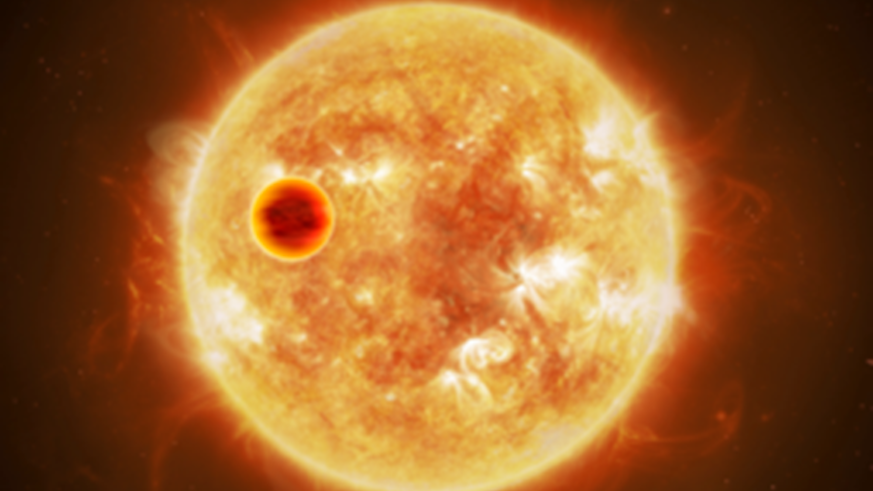Exoplanet mission given £30m boost
27 June 2022

The UK Government has announced an investment of £30m in the Ariel space mission to explore the atmospheres of exoplanets.
Due to launch in 2029, Ariel’s mission is to understand the links between a planet’s chemical composition, its formation and evolution, and its host star, by characterising the atmospheres of 1,000 known planets outside our solar system.
Ariel, the Atmospheric Remote-sensing Infrared Exoplanet Large-survey, will provide a step-change in our understanding of what exoplanets are made of, how they were formed and how they evolve.
Scientific data will be released to the scientific community and general public at regular intervals throughout its planned four-year operational phase.
Ariel is being developed by a 17-country international team led by Professor Giovanna Tinetti of University College London, with other UK organisations including Cardiff University, the University of Oxford and the Science and Technology Facilities Council’s (STFC) RAL Space at the Harwell Space Cluster in Oxfordshire.
Scientists within the School of Physics and Astronomy are participating in the mission performance analysis and in defining, testing and fine-tuning the complex algorithms that will process the data returned from Ariel.
UK Science Minister George Freeman said: “This is an incredibly important commitment for UK space science and technology, marking a major milestone for the National Space Strategy and boosting our ambitions to grow our £16.5 billion commercial space sector.
“By investing £30m and taking the helm of the entire Ariel consortium – the first time in a decade that we have secured leadership for a mission of this magnitude – we are putting the UK at the heart of international space research, providing new opportunities for space businesses and academics across the country.”
Professor Matt Griffin, Head of the Cardiff Astronomy Instrumentation Group and UK Co-PI in the Ariel Consortium said: "With Ariel we are entering an exciting new era in our investigation of extrasolar planets, in which we'll find out much more about their atmospheres and how they form and develop.
“As a highly advanced and ambitious space mission it needs stable long-term investment and it's great news that the UK Government and the UK Space Agency have made that commitment."
Dr Andreas Papageorgiou, who is a key participant in the definition of the Ariel data processing software, said: “It’s excellent news that long-term UK funding support for Ariel has been secured up to launch and beyond. It will put our work on a firm footing as we develop, test and implement the data processing system and help to realise the huge scientific potential of the mission.”

